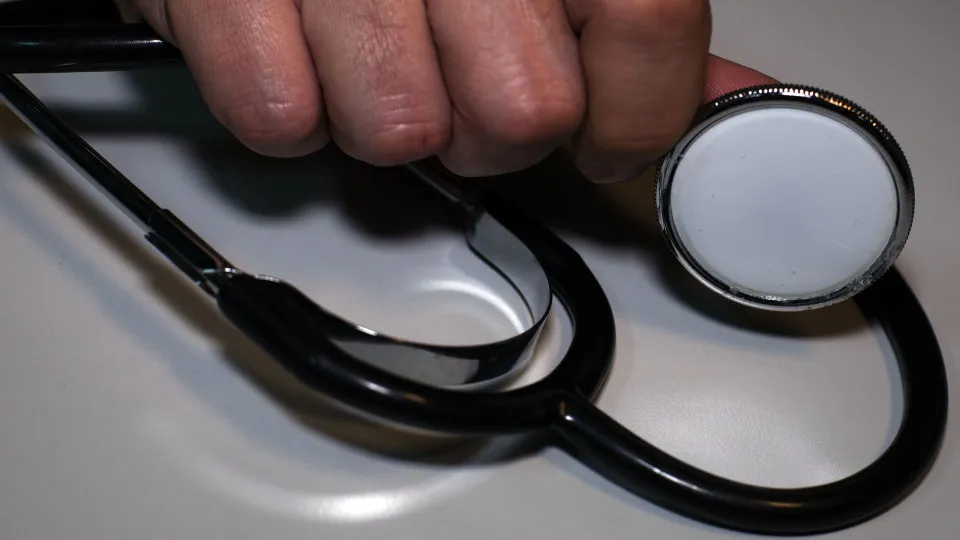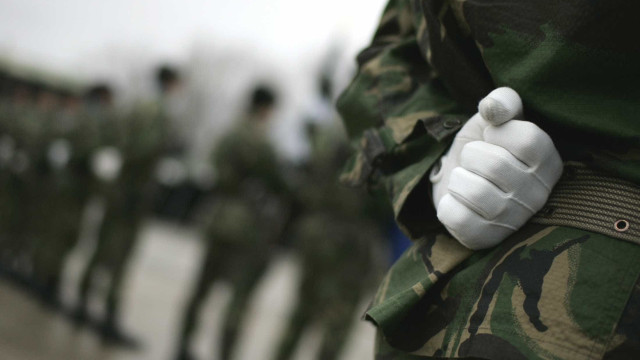
In an interview, a Brazilian researcher emphasized that Artificial Intelligence (AI) will enhance access to healthcare and provide patients with more autonomy, while doctors will assume the role of educators.
“More than a healer, the doctor of the future will be an educator,” he stated.
With emergency services strained by non-urgent cases due to patients lacking health literacy or access to primary healthcare, the researcher argued for the evolution of telemedicine, advocating for the return to the prominence teleconsultations had during the COVID-19 pandemic.
He estimated that in the future, patient autonomy will place in their hands the symbolic tool of doctors: the stethoscope. “In the initial assessment, what does the doctor do? They measure vital signs, which is perfectly possible with digital devices remotely.”
He also called for more health education for the entire population, suggesting that, in the medium/long term, it makes no sense for a seven-year-old not to understand their reproductive system or obesity, “but to know the tributaries of rivers.”
“Britain mandated all schools from early childhood to teach basic health,” he exemplified, asserting that only with increased health literacy can desirable self-care evolve.
At this level, he predicts that in the future, people will be required to participate in certain health programs to access the system: “If you are obese, hypertensive, and a smoker, why should we all foot the bill?”
“This new mutualism will consider the demographic curve, which is bankrupting health services worldwide,” he stated.
When questioned about the risk of elitism in choosing access to healthcare, he responded: “The risk exists, but we must choose the risk. The current one is the unchecked proliferation of diseases that cannot be cured and overload health systems.”
Regarding choices in health, he illustrated: “Nowadays, entering an auditorium, there’s no longer a ‘no smoking’ sign. People already know they can’t. It was society that chose this.”
“The same will happen with artificial intelligence and medical practice,” he affirmed, arguing that the doctor of the future will be charged with a greater and the most challenging role of modern civilization: the literacy of humanity. “The doctor will be an educator, not a healer.”
He noted that the future patient “will no longer seek a doctor due to an unknown issue, but [as they will have information from their virtual health agent] will seek a doctor because they are capable, with empathy, kindness, and ethics, of educating society.”
He warned that the doctor of the future will no longer need to spend ten years in medical school: “They will know nothing other than digital and will practice medicine in three or four years.”
“A large part of medical knowledge is not within academia, it is outside. (…) In academia, they acquire knowledge, the cognition of masters, ethics, and bioethics,” he added.
There are still skills that Artificial Intelligence will take time to master—like those of a surgeon, “that is artisanal work”—and that we are in a transitional phase regarding AI where certainties should not be sought, but rather “test and error.”
Once this transitional phase concludes, if a patient still wishes to be seen by their doctor, that connection will continue “as long as doctor and patient live.”
“If there is then a patient who still prefers being attended by their family doctor, it is natural, it will happen, and they will charge more,” he stated, comparing: “aren’t there people who still enjoy listening to vinyl records?”
The specialist will participate on September 18 in a conference on AI in healthcare, which will take place in Lisbon, at the auditorium of the Social Services of the municipality.




